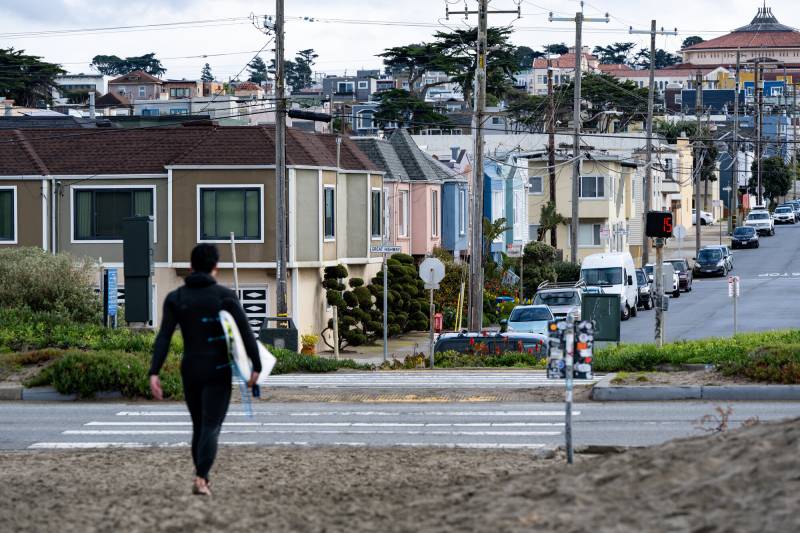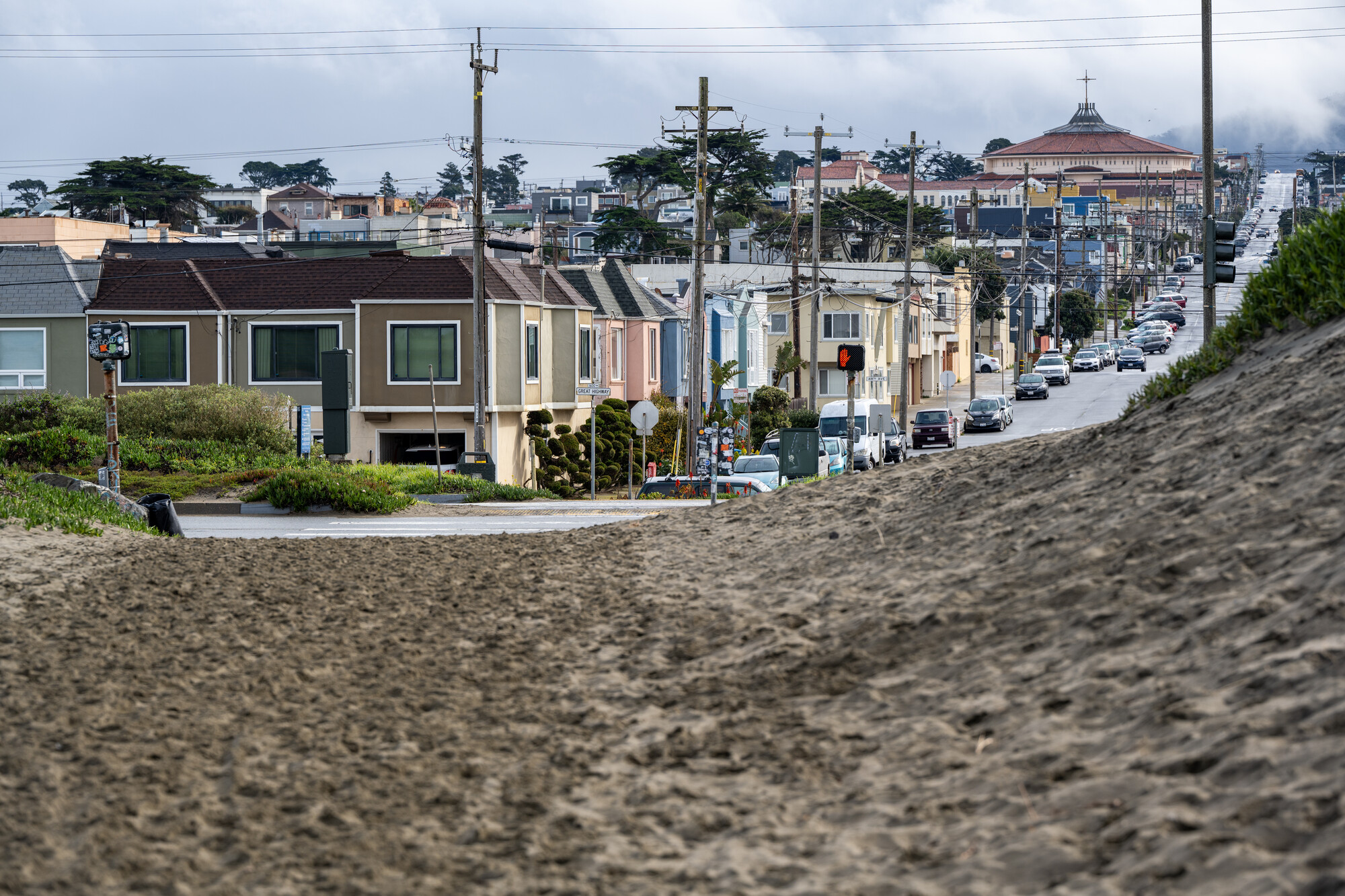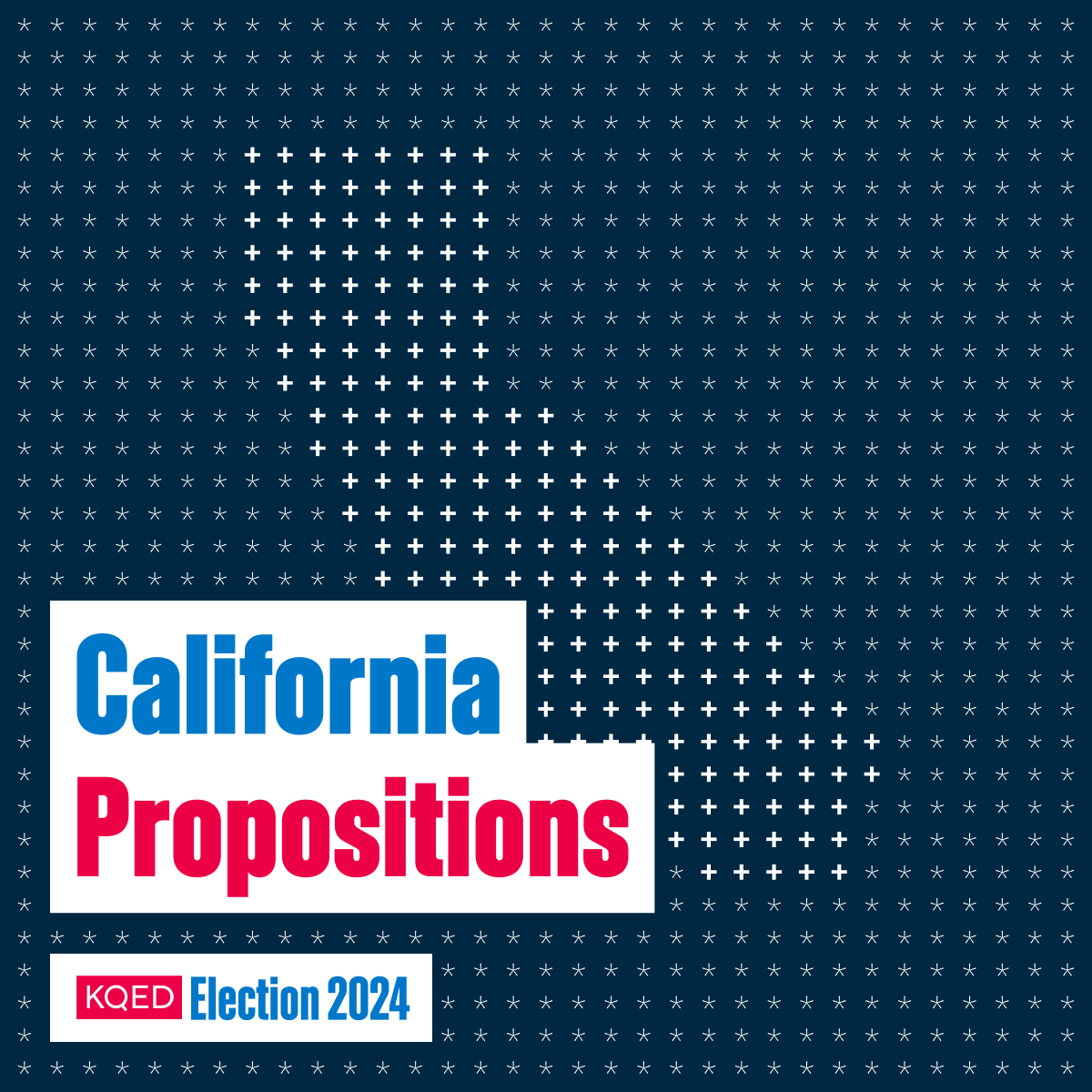“I think the report really makes clear that voters have a great opportunity to make a step forward for the environment,” said Peter Belden, political chair of the Sierra Club’s San Francisco group.
Belden noted other environmental concerns should the ballot measure fail, including ongoing pollution from car traffic.
“Anyone who’s looked at a supermarket parking lot … you often see this little dark spot where there’s a pool of the oil as some cars drip oil,” Belden said. “On the Great Highway, those liquids end up on the road, then wash into the ocean.”
Jaffe and the report both made clear that SFEI’s goal is not to advocate for a specific vote but to recommend ways to support the health of the ecosystem.
“We’re a nonadvocacy organization, so we’re trying to provide the best available independent science to inform ongoing planning efforts,” Jaffe said. “So even with cars, Great Highway could be made friendlier to wildlife.”
But even if the institute doesn’t take an official position, it seems the environment has a preference.
“While all planning scenarios for the Great Highway present some opportunities to enhance or protect ecosystem health, closing the roadway to cars entirely has the greatest and most immediate ecological benefits,” the report states.
Even if revegetation efforts succeeded in attracting more pollinator and bird species, the report notes that continued car traffic would have negative effects on wildlife, including “wildlife disorientation or avoidance behaviors caused by traffic, noise, and artificial light, in addition to wildlife-vehicle collisions.”
The No on Prop K campaign did not respond to a request for comment, but opponents of the ballot measure have previously argued that the Great Highway is a crucial transportation corridor for the city’s westside communities and that the harms of closing the roadway to cars outweigh any benefits.
Proposition K opponents have also warned that if the Great Highway were to close, traffic would be diverted to adjacent residential streets, increasing risk to pedestrians.


